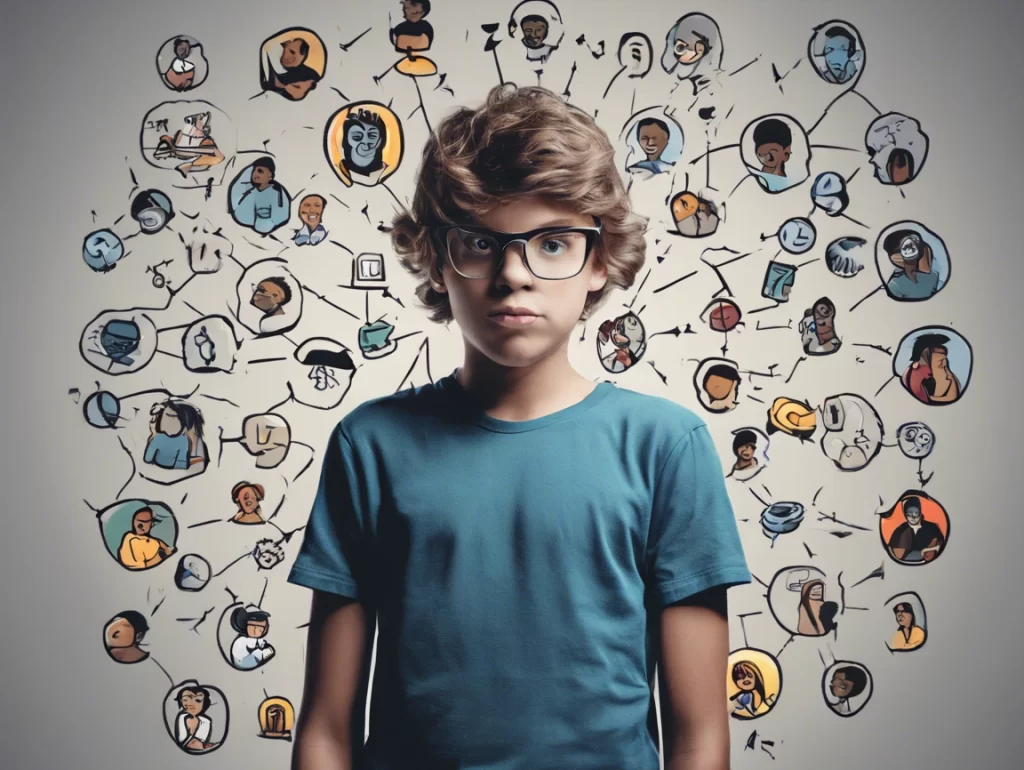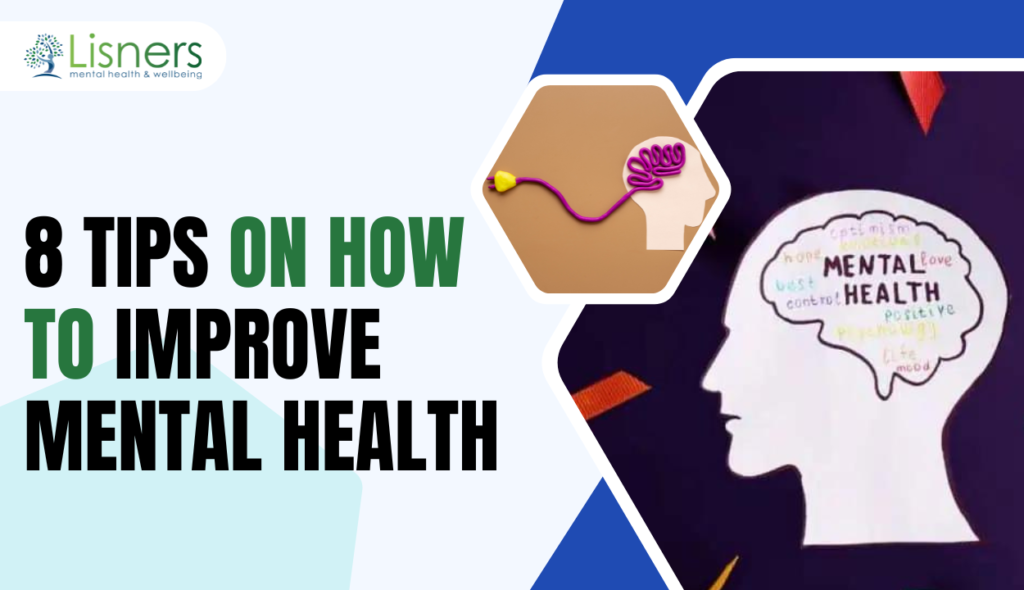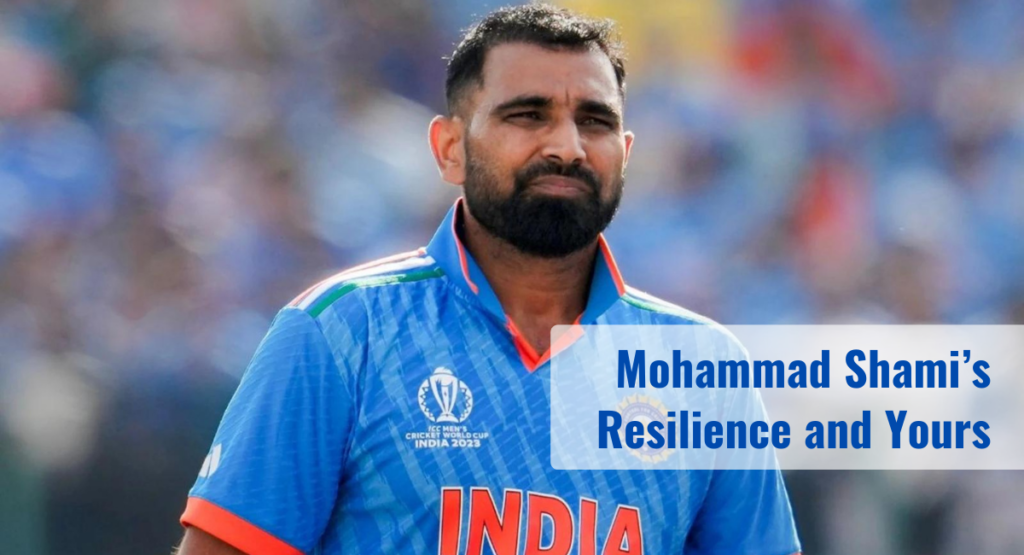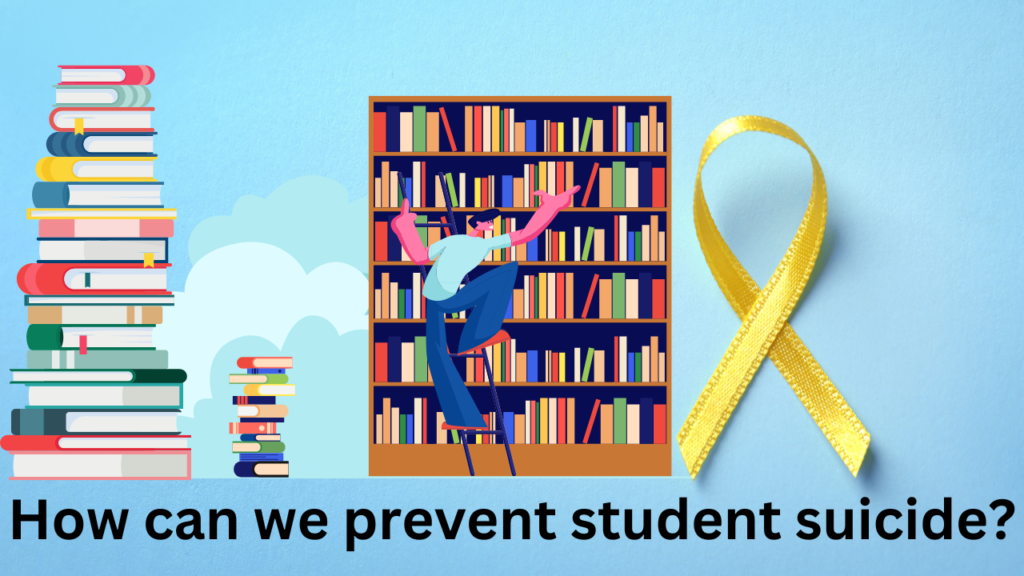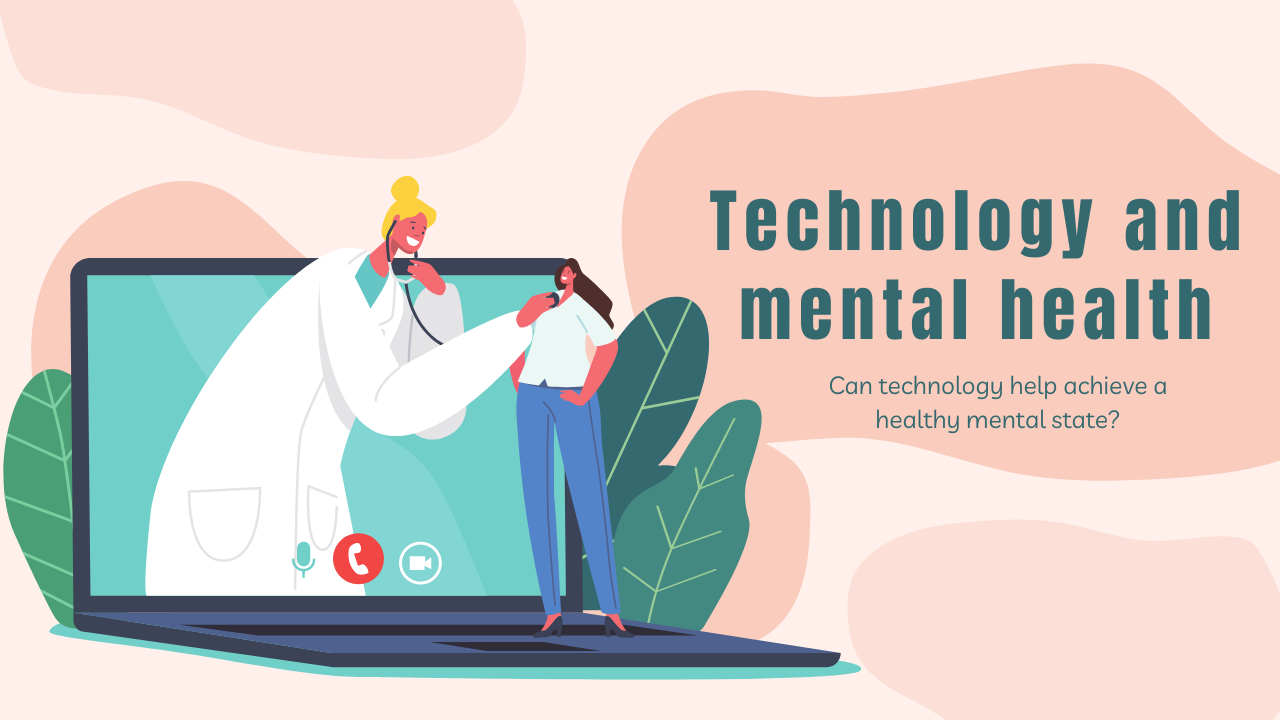
It is surprising to hear that, as per WHO (World Health Organization, 2019), India is the most depressing country globally. In another paper published by the Indian Council of Medical Research in Lancet Psychiatry, one out of seven Indians suffer from a Mental disorder. This situation worsened after the Covid pandemic struck the country. Now is high time to recognize this grave situation and explore how technology can be a game-changer in our fight against worsening mental health in India.
We all know that excessive use of technology has detrimental effects on the mental health of its users. Can the same technology help us achieve a healthy mental state?
The answer is Yes. Let’s consider and limit our discussion to the emerging market of mental health care applications worldwide. A successful mental health app is all about forging a new partnership between care seekers and clinicians. From a technology point of view, the app should be easy to use and engage its users. From a clinician’s point of view, the app should complement the clinician’s skills for providing effective treatment.
Why is it an opportunity?
With the acceptance of digital devices such as smartphones and fitness trackers, mental
- healthcare services can easily reach the masses. It diffuses the rural-urban bias by providing easy access to treatment for people in rural or remote areas, tier 2 or 3 cities, as the majority of the highly skilled professionals are located in metro cities.
- It also saves time and travel expenses associated with in-person visits.
- It envisions an inclusive approach to mental healthcare by providing accessibility to individuals who are disabled or housebound.
- It can provide anonymity and confidentiality as the sessions involve only you and your therapist over the internet.
- As we know, Data is the new Gold, technology can facilitate our efforts to collect de-identified data that can be used for research and development and provide meaningful insights for present and future treatment regimes.
- Novel interventions like games, journaling, and enhanced customer experience can arouse interest in patients compared to traditional treatment methods that do not appeal for long.
- Lastly, technology can encourage people to take that first step towards therapy, who may never approach a counsellor in person during their lifetime.
However, the path is not as easy as it appears and must be tread with caution. Following checks should be kept in mind while mental health fitness apps are designed and developed.
Firstly, these apps are very different from any other app in the market. While revenues,
profitability, engagement time of the users (expecting them to log in for hours) can well project the success of other apps, the primary identifier of success of mental health apps is patient-reported improvements in their quality of life, such as quality of sleep, increased productivity at work, progress in interpersonal relationships etc. If these changes are not visible, the whole idea of bringing technology in fails.
The second issue lies in the revenue model of these apps.
Paying the care providers (Psychiatrists, psychologists, counsellors, life coaches) based on patients’ time using the app or even their own time providing services in the app is against the effective mental health care ecosystem. The compensation to care providers should be tied to the quality of care, not the quantity of care.
The third is the 24X7 feature of technology.
In many apps that we analyse, we find a chat-based feature where the user can approach his
counsellor and seek assistance at any hour of the day. The feature seems interesting. However, there are some loopholes to this apparent 24X7 availability of help.
People seeking mental care services are already suffering from loneliness, depression, and anxiety. Instant replies to every user from the counsellor are not possible. Delay in response can worsen the symptoms, increase alienation, or give the impression that the user does not matter to the care provider.
Moreover, therapy is all about developing coping skills so that survivors can handle the tough times independently, on their own. When care providers are available 24X7, this instinct to implement the learnt/developed coping skills takes a backstage, and chat based instant recourse from counsellor becomes the first choice of the care seeker.
In addition, mental fitness apps must not limit, hinder or replace real-life interactions. Our social networks (friends, family and peers) have been the first line of response in times of emotional crisis for centuries and this legacy should be carried forward.
Do remember, Mental health treatment is nothing more than a journey to explore a better version
of yourself.
(Writer is a product development head for an upcoming mental health fitness app, Lisners)


